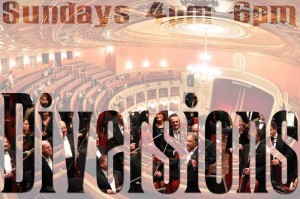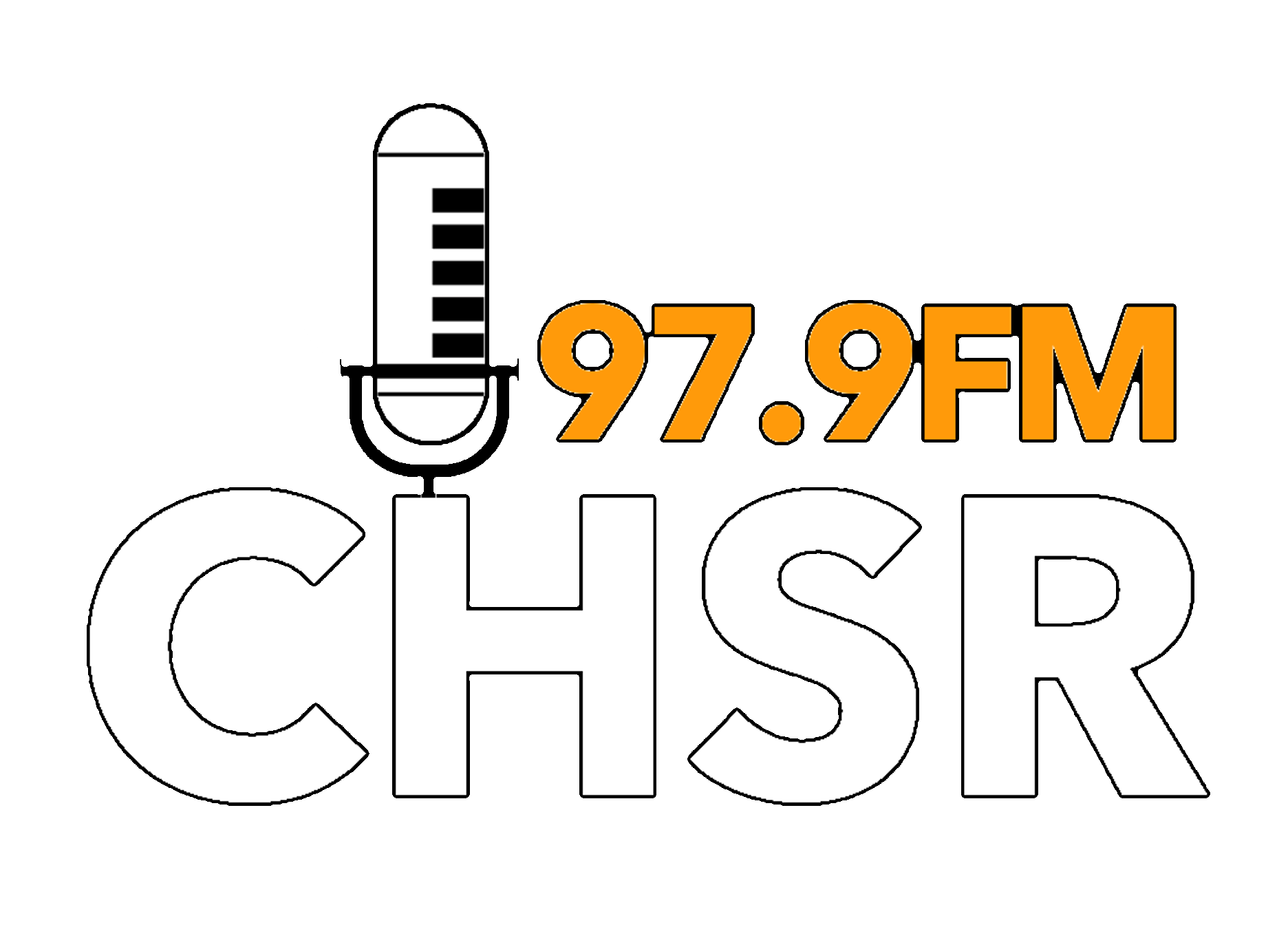 What made you start your show?
What made you start your show?
I started the show 23 years ago when a friend who volunteered for CHSR back in 1990 talked about a possible opening for a classical music show – knowing my passion for classical music, he talked me into meeting the then program director (Steve Staples) and I did a sound test. Training followed and I was on air within a week. The rest is history – I’ve hosted the show for 20 of the last 23 years (I was away in Scotland for 15 months and Montreal for 2 years and they kept ‘Diversions’ going through those hiatuses). I understand ‘Diversions’ is the longest running show in the current CHSR schedule, and almost the longest running show CHSR has ever broadcast (I think ‘Crazy Train’ and ‘Lunch Box’ are longer running, but would need to check that). In the early days I got involved in news reading, and also did some spoken work documentaries ( ‘Stonewall Remembered’ was put together in 1989, and ‘Babi Yar’ won a special Barry Award in 1991) – then for 7 years presented a weekly gay and lesbian show ‘Fruit Cocktail’ (considered pretty radical in the early 1990s – it won three Barry’s during its run until 1997).
Tell us a little about your hosts?
Brief biog. – Born in a small town (Preston) in NW England, I was drawn into classical music early through the interests of a school music teacher and choir master, then through a performing music society run by the firm my father worked for as a photographer. (My family – of fairly humble roots – are not particularly musical.) Dad would photograph visiting artists and I would help as an assistant and get to see the shows for free behind the scenes. My high school (a Jesuit college) also encouraged music appreciation and organized visits to concerts. By the time I went to university I was hooked. I was also fortunate in doing graduate studies in Glasgow – the cultural hub of Scotland – with a very active concert scene. I enjoy many different types of music, but classical music has an especially profound emotional connection. Aside from violin lessons in my early teens, and some elementary music theory classes, and membership of a choir until my voice broke – I would not describe myself as musically talented at all or involved in music making.
Who would be your dream guest on your show?
Dream guest? “Diversions’ has never had guests, but I have often thought of having a guest to chose the music and interview then in between items. I suppose Measha Brueggergosman would be someone who would approach the ideal – a local singer who has really hit the big time. I think if the ‘guest format’ was developed at all, it should become a show-case for local classical music talent – professional and amateur – and a place where other local community members who share my own passion.
What made you decide to come to CHSR to air your show?
Cannot think of one particular reason other than it seemed like a good idea at the time – then I got hooked on the whole idea of community radio (members of the community sharing their passion with others). My own upbringing and education happened at a time when ‘culture’ was considered something anyone could appreciated – not just in music, but drama, theatre, literature, dance – Britain in the 1950s was a place where egalitarian ideals were widespread. The same ideal underpinned higher education – before the Thatcherite counter-revolution decided such thing should be rationed by wealth. Funnily enough, coming to Canada in 1988 I discovered Clyde Gilmour (“Gilmour’s Albums” on CBC Radio) who presented his classical music passion for a general audience without any sense of condescension (such as ‘This is Culture’ and should be listened to on you knees). His program has had a profound influence on how I put together ‘Diversions’. I also see classical music as something living, rather than an 18th and 19th century relic. ‘Diversions’ has always included a high proportion of contemporary (and Canadian) classical music – discovering Canadian classical music has been one of the great pleasures of presenting ‘Diversions’ over the years – this country has a rich tradition going back into the late 1700s.
Where do you see the show going in the future?
The show has evolved considerably over 23 years, with the biggest change happening in 2000 when I introduced the ‘Summer Festival of Opera’ – complete operas every Sunday from Canada Day to Labour Day. The idea of having guests chose the music and do interviews for a particular show is an idea I have toyed with for a couple of years, and that would be the next innovation would like to take on. Otherwise, ‘Diversions’, judging by audience feedback, seems to have formula that works. I remain open to suggestions as well.
“Diversions” – enlightening opera and classical performances, Sundays 4pm-6pm.

